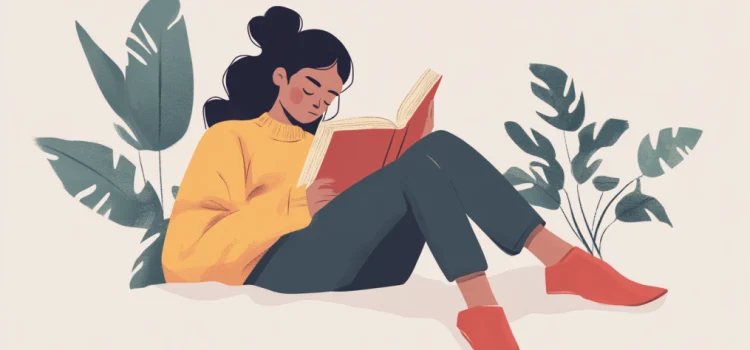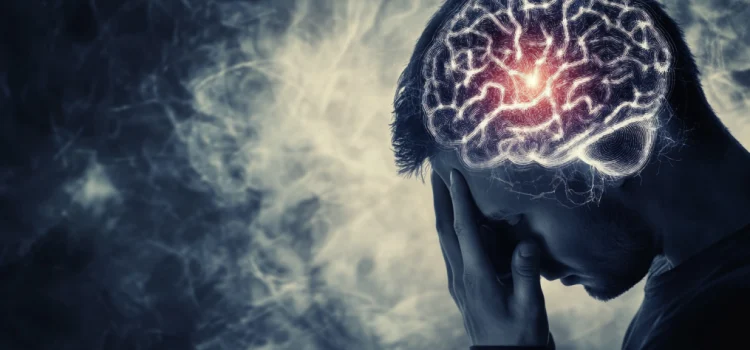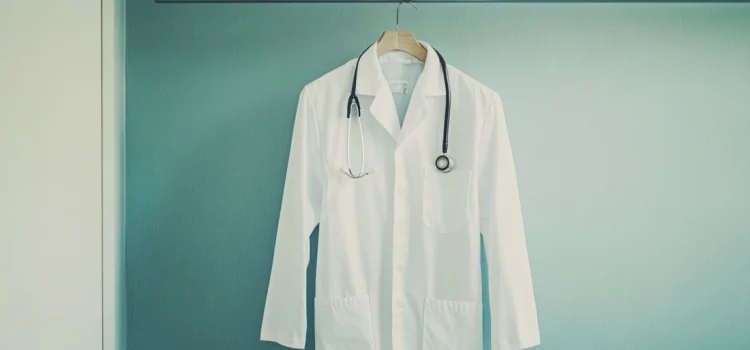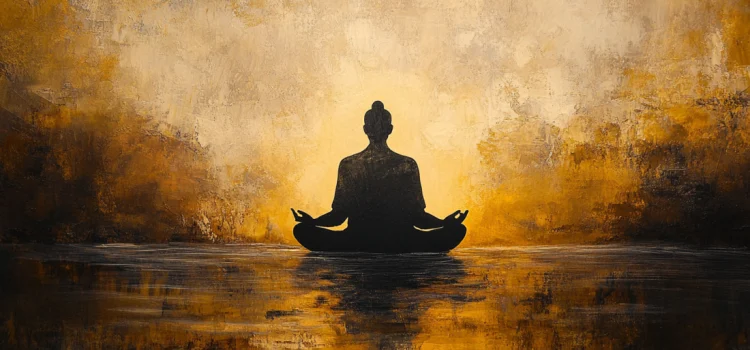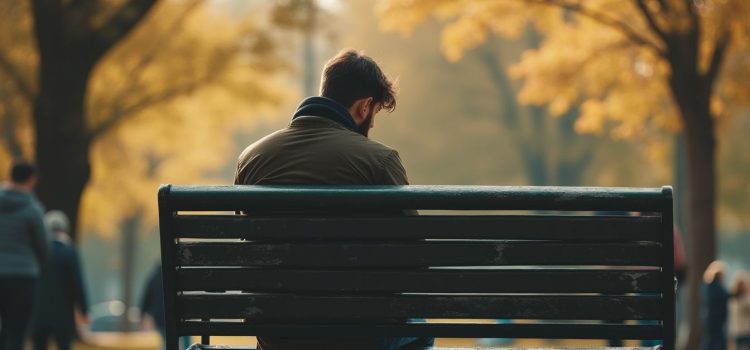What happens in your brain when someone you love dies? How can understanding the science of grief help you cope with loss? The Grieving Brain, a book by Mary-Frances O’Connor, explores the neuroscience behind loss and healing. Drawing from her research at the University of Arizona’s GLASS Lab, O’Connor reveals how our brains create maps of loved ones and must literally rewire themselves after a death. Continue reading to discover why grief feels the way it does and find practical insights for navigating this universal human experience.
The Grieving Brain: Book Overview (Mary-Frances O’Connor)
